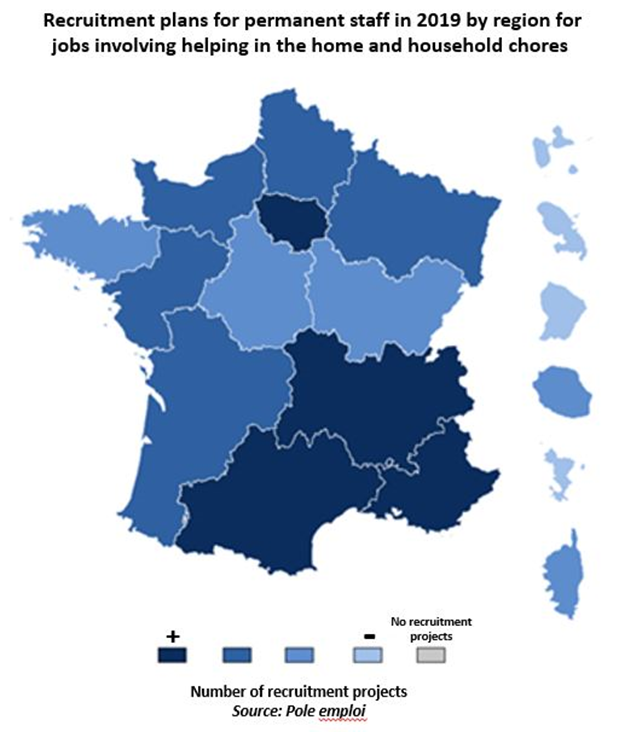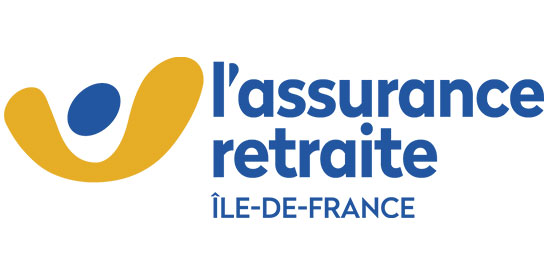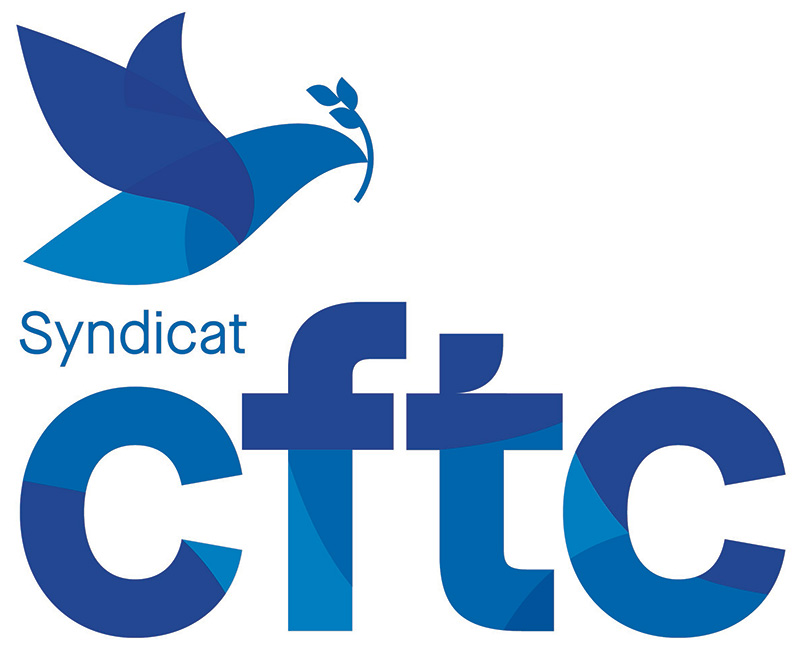International visitors
Domestic & Home Care European Forum

The first European PHS forum
26th November 2024
Register
Tradeshow for Domestic and Personal services

The french Tradeshow for
Domestic and Personal services
26th & 27th November 2024
Register (only in French)
Tradeshow for Domestic and Personal services
Since 2007 the show has been helping to promote the sectors of personal services, care and services in the home and domestic employment. It is held every year in the autumn. In 2023 it will be held on the 26th & 27th November at the Parc des expositions in Paris, Porte de Versailles and at the same time on the internet.
About 10 000 visitors and 200 exhibitors attend the Domestic and Personal services show which has a programme of 100 conferences.
The exhibitors include professional and charitable / voluntary organisations, unions, franchises, providers of services, advice and solutions for personal services / domestic services / nursing services and care in the home, software providers, organisations for training and vocational qualifications.
Since 2013 Silver Economy Expo, the B2B tradeshow for services and technology for seniors has been held in the same hall and on the same dates. This creates a synergy of the two shows and is useful for visitors who can see where the two shows and sectors overlap.
Who is it for?
It is mainly for
- professionals in the sector: owners, managers or directors of organisations, businesses, or charities/voluntary organisations
- those looking to create a business or organisation
- all other professionals interested in the industry because of its connection with their own line of work.
When visiting the show these professionals can
- find out about new types of training for their staff
- have an overview of solutions for digital transformation
- get up to date with regulatory changes in the sector
- have discussions with professional organisations and peers in their sphere
- meet growing franchises
Business owners, managers and directors can:
- find out about developments and regulations in the sector
- meet professional organisations and groups
- have discussions with specialised software creators, organisations providing training and vocational qualifications
People wishing to become franchisees and those with projects who want to set up a business as a franchise can assess the opportunities in the sector because:
- entry tickets are accessible
- the potential for development is considerable because of French demographics
- it is a rewarding area which is meaningful, and people appreciate both the franchisee and its staff.
Every year, it brings together the biggest group of franchises in the sector. Visitors can meet with and have discussions directly with the owners and managers of the franchises.
Personal services in France:
1. What are they?
There are 26 types of services provided in the home to individuals. (They have tax advantages for families). They are:
- services which require government approval to provide services for vulnerable persons (children under 3, elderly people, handicapped people, or those who have chronic illnesses)
- services requiring a license given by regional councils to be a service provider
- services which one can give simply by notifying the state about them (it is also necessary to notify the state about those services which require approval or a license).
2. Who uses them?
3.4 million French people benefited from personal services in 2016 [1] (mainly services for the elderly, childminding, and household chores).
For seniors, it is an essential need:
In 2017 43.8 % [2] of hours done for organisations providing services involved helping elderly people.
These services are seen as an essential need by 74 % [3] of them.
In 50 % [3] of cases, the triggering event for the involvement of an organisation providing domestic help is related to health: a health problem, coming out of hospital or a fall.
France has 1.3 million dependent people.[4] Loss of autonomy is the main fear of 42 % of French people and amongst the over 65s this increases to 48 %. [5]87 % of them state that they would prefer to stay at home rather than go into a retirement home.[6]
Helpers: very often a family member
There are between 8 and 11 million family helpers in France.
44 % are partners, 13 % are parents, 21 % are children who help their parents and 21 % are neighbours, friends and other people who are close.[7]
50 % help persons who are over the age of 60.
The family helper assists alone or in addition to a professional in the domestic services sphere. Under certain circumstances they can be paid by the person who they help at home, benefit from training and ask for the validation of the experience gained (VAE).
3. How do you access personal services?
- by direct employment: the individual is the employer
- through an authorized organisation (a charity / voluntary organisation or a business)
4. This is a sector which is expanding because so are those who use it
Individual-employers in France
3.4 million French people use domestic services: 2.34 million in their capacity as domestic employers and 1.06 million as employers of child minders. Taken together they employ 1.4 million helpers and pay for 1.6 billion hours. [1]
There has been a decrease in direct employment in recent years. However, it remains the predominant route and accounted for 56 % of declared hours in 2016.
The number of authorized organisations exploded in 2006
There were 5500 organisations in 2006 and in 2021 there were 48663. [8]
The organisations are divided into private businesses, voluntary organisations and the state:
- 41363 businesses (including microbusinesses)
- 5840 voluntary organisations
- 1460 public bodies (CCAS / community centers for social action) [8]
They employ nearly 436000 employees and account for 385 million paid hours:
- voluntary organisations / charities pay for 199 million hours
- state organisations for 35 million hours
- businesses pay for 151 million hours [2]
Whilst the hours for helpers in the home of businesses has increased (+ 6,7 % in 2018 cf 2017), the work of other service providers – voluntary organisations / charities and state bodies – has gone down (- 1,5 % in 2018). [2]
5. It is one of the few sectors generating a lot of work where the work is not at risk of relocation

There are 1.4 million employees working in the personal services sector which was 5,3 % of the working population in 2020. [10]
The sector is also one of the few which is creating jobs in France, and it is projected that there will have been 350 000 net jobs created in the period 2012-2022 [11]
87 % of the employees in personal services are women and the sector also employs more seniors than the national average (46.6 % of staff in the sector are over 50 compared with 29 % of employees as a whole) [12]
The sector has three challenges. It must do more to:
- promote the sector and the jobs it offers
- recruit younger workers
- train staff
Sources:
- Accos Sat n° 279-December 2018
- Dares Résultats-Personal Services 2018-February 2020
- Survey UNA/ Senior Strategic – April 2014
- DREES data - detailed information about those receving APA in 2017
- IFOP Survey 5S+ Cogedim Club-2019
- 4th Survey Santé 300 Odoxa for Orange Healthcare (the health division of Orange) and MNH (Mutuelle Nationale des Hospitaliers et des professionnels de la Santé et du Social) - March 2016
- CNSA Report 2011
- DGE (https://www.entreprises.gouv.fr/services-a-la-personne/organismes)- 2021
- Employment, unemployment, wages- Insee Références – Edition 2021
- Jobs in 2022-France Stratégie Darès April 2015 (for domestic employment, carers and nurses)
- Darès Employees working in personal services: changes in pay and working conditions August 2018











